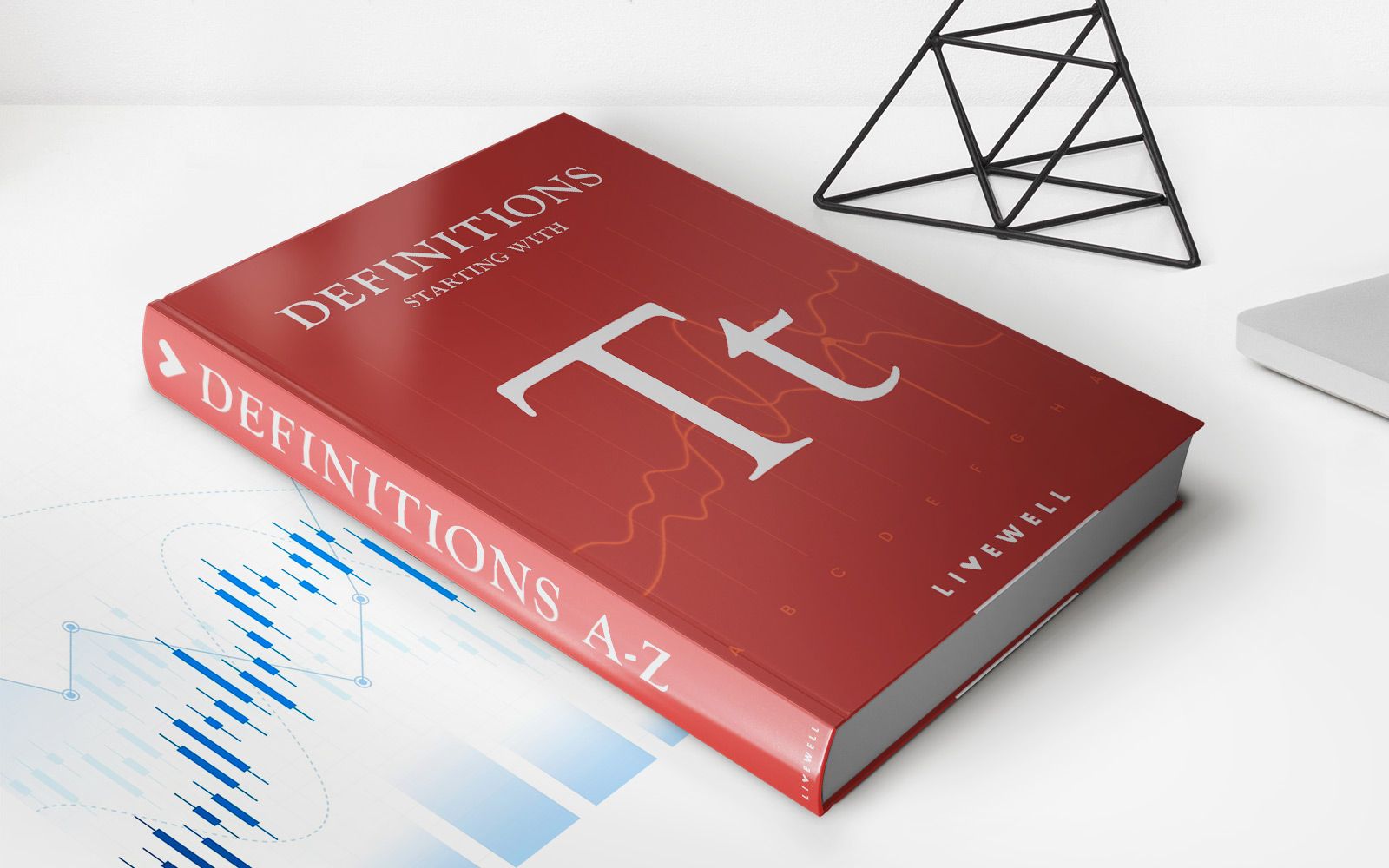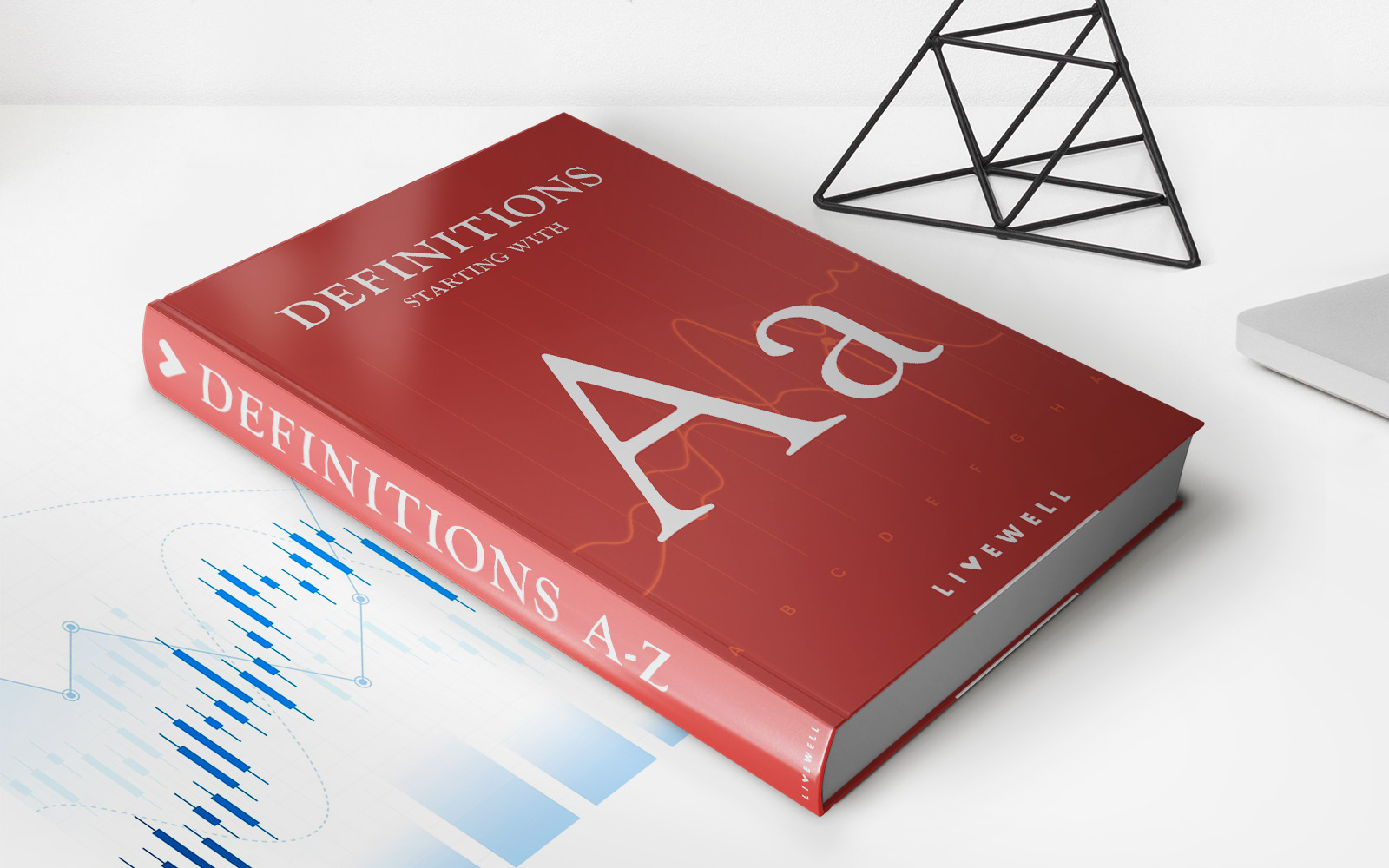Home>Finance>When Are State And Local Refunds Exempt From Federal Taxation


Finance
When Are State And Local Refunds Exempt From Federal Taxation
Published: November 2, 2023
Learn about when state and local refunds may be exempt from federal taxation in the field of finance.
(Many of the links in this article redirect to a specific reviewed product. Your purchase of these products through affiliate links helps to generate commission for LiveWell, at no extra cost. Learn more)
Table of Contents
- Introduction
- Overview of State and Local Refunds
- Federal Taxation of Refunds
- General Exemption Rules
- When are State Refunds Exempt from Federal Taxation
- When are Local Refunds Exempt from Federal Taxation
- Factors Influencing Exemption Eligibility
- Reporting State and Local Refunds on Federal Tax Returns
- Conclusion
Introduction
State and local taxes can eat up a significant portion of your income, but there is some good news for taxpayers. In certain cases, you may be eligible for a refund of the state or local taxes you have paid. These refunds can provide some relief, but it’s important to understand how they are treated under the federal tax law.
When you receive a refund for state or local taxes, the question arises: “Is this refund subject to federal taxation?” The answer is not always straightforward, as it depends on various factors and circumstances. Understanding the rules surrounding the taxation of state and local refunds can help you navigate the complexities of the tax code and avoid any surprises come tax time.
In this article, we will provide an overview of state and local refunds and explore when these refunds may be exempt from federal taxation. We will also discuss the factors that influence exemption eligibility and how state and local refunds should be reported on your federal tax return.
Knowing the tax implications of state and local refunds will allow you to make informed decisions when it comes to filing your taxes and managing your finances. So, let’s dive in and uncover the key concepts related to the federal tax treatment of state and local refunds.
Overview of State and Local Refunds
State and local refunds refer to the amount of money returned to taxpayers by state and local government entities. These refunds typically occur when individuals or businesses have overpaid their state or local taxes or are eligible for tax credits or deductions.
State refunds are issued by the state government and are the result of overpayment of state income taxes. Local refunds, on the other hand, are issued by local government entities such as cities or counties and are typically associated with overpaid property taxes or local income taxes.
It’s important to note that not all taxpayers qualify for state or local refunds. Refunds are generally provided to individuals or businesses who have paid more in taxes than they owe. This can occur due to various reasons such as changes in tax law, incorrect calculations, or credits and deductions that reduce the tax liability.
The process of obtaining a state or local refund varies depending on the jurisdiction. Taxpayers are usually required to file an application or request the refund by a certain deadline. Documentation such as proof of payment and supporting tax forms may be required to complete the refund request.
Once the refund is approved, the state or local government will issue a check or transfer the funds directly to the taxpayer’s bank account. The amount of the refund can vary and may include any interest or penalties due to the taxpayer.
Understanding the basics of state and local refunds sets the foundation for understanding how they are treated under federal tax law. In the next section, we will delve into the specifics of federal taxation of refunds.
Federal Taxation of Refunds
When it comes to federal taxation, not all refunds are treated the same way. The Internal Revenue Service (IRS) has specific rules regarding the taxation of state and local refunds. It’s important to understand these rules to determine whether you need to include your refunds as taxable income on your federal tax return.
In general, the IRS follows the “tax benefit rule,” which states that if you received a tax benefit in a prior year from the state or local tax deduction, then any refund you receive in a subsequent year may be subject to federal taxation.
Here’s how it works:
- If you claimed a deduction for state and local taxes in the previous year, and you received a refund for those taxes in the current year, you may need to include the refund as taxable income on your federal tax return.
- If you did not itemize deductions in the previous year and instead opted for the standard deduction, you generally do not need to include your state or local refund as taxable income.
However, there are exceptions to these general rules which we will explore in more detail in the following sections. It’s important to note that even if your refund is subject to federal taxation, only the portion that provided a tax benefit in a prior year is taxable. The IRS provides worksheets and guidelines to help taxpayers determine the taxable portion of their state and local refunds.
Understanding the federal taxation of refunds is crucial as it directly impacts your overall tax liability. In the next sections, we will explore the circumstances under which state and local refunds may be exempt from federal taxation.
General Exemption Rules
While state and local refunds are generally subject to federal taxation, there are certain situations in which these refunds may be exempt. The IRS has established some specific exemption rules that determine whether a state or local refund should be included as taxable income on your federal tax return.
Here are some general exemption rules to consider:
- No Deduction Taken: If you did not itemize deductions in the previous year and instead opted for the standard deduction, you usually do not need to include your state or local refund as taxable income. This is because you did not claim a tax benefit from the deduction in the prior year.
- No Tax Benefit Rule: If you did not receive a tax benefit from the deduction of state and local taxes in the previous year, you may not need to include the refund as taxable income. This could occur if you received a refund for taxes that were not originally deducted on your federal tax return.
- Alternative Minimum Tax (AMT): If you were subject to the Alternative Minimum Tax in the previous year, the portion of your state and local refund attributable to the AMT adjustment is generally not taxable.
It’s important to carefully review the specific rules and guidelines provided by the IRS to determine the exempt portion of your state and local refund. These rules can vary depending on your individual circumstances, so consulting a tax professional or referencing the IRS publications can be helpful in understanding the exemption eligibility.
While these general exemption rules provide a starting point, it’s essential to consider other factors that may impact the taxation of state and local refunds. In the next sections, we will explore specific situations where refunds may be exempt from federal taxation at the state and local levels.
When are State Refunds Exempt from Federal Taxation
State refunds may be exempt from federal taxation under certain circumstances. It’s important to understand these situations to determine whether your state refund should be included as taxable income on your federal tax return.
Here are some scenarios where state refunds are generally exempt from federal taxation:
- No Deduction Taken: If you did not itemize deductions in the previous year and instead opted for the standard deduction, your state refund is usually not taxable. Since you did not claim a tax benefit from the deduction in the prior year, there is no reason to include the refund as taxable income.
- Refunded Taxes Used for Business Expenses: If you owned a business and used the refunded state taxes to offset business expenses, the refunded amount may be considered a reduction in your deductible business expenses, rather than taxable income.
- Refunds for Prior Years: If you received a refund for state taxes that you originally paid in a prior year, the refund is generally not taxable as long as you did not receive a tax benefit from the deduction in the year you paid the taxes.
- Refunds Attributable to Tax Credits or Deductions: If your state refund is solely due to tax credits or deductions that are not related to state income tax, it may not be subject to federal taxation. However, if the refund includes an amount for state income tax, that portion may be taxable.
It’s important to note that these exemptions apply specifically to state refunds. Local refunds may have different rules and requirements for exemption from federal taxation, which we will explore in the next section.
Remember, it’s crucial to review the IRS guidelines and consult a tax professional to accurately determine the taxable portion of your state refund based on your individual situation.
When are Local Refunds Exempt from Federal Taxation
Similar to state refunds, local refunds may also be exempt from federal taxation in certain cases. It’s important to understand these scenarios to determine whether your local refund should be included as taxable income on your federal tax return.
Here are some situations where local refunds are generally exempt from federal taxation:
- No Deduction Taken: If you did not itemize deductions in the previous tax year and instead opted for the standard deduction, your local refund is typically not taxable. Since you did not claim a tax benefit from the deduction in the prior year, there is typically no need to include the refund as taxable income.
- Refunded Taxes Used for Business Expenses: If you used the refunded local taxes to offset business expenses, the refunded amount may be considered a reduction in your deductible business expenses, rather than taxable income.
- Refunds for Prior Years: If you received a refund for local taxes that you originally paid in a prior year, the refund is generally not taxable as long as you did not receive a tax benefit from the deduction in the year you paid the taxes.
- Refunds Attributable to Tax Credits or Deductions: If your local refund is solely due to tax credits or deductions that are not related to local income tax, it may not be subject to federal taxation. However, if the refund includes an amount for local income tax, that portion may be taxable.
It’s important to understand that these exemption rules may vary depending on the specific local jurisdiction and its tax laws. Local governments may have their own regulations and guidelines for determining the taxable portion of refunds. Consulting the local tax authorities and seeking professional advice can help ensure compliance with the applicable rules.
Remember to document and keep records of your local refund, including any supporting documentation such as receipts or confirmation statements, in case of any inquiries by the IRS.
Factors Influencing Exemption Eligibility
Several factors can influence the eligibility for exemption of state and local refunds from federal taxation. Understanding these factors is crucial in determining whether your refunds should be included as taxable income on your federal tax return. Let’s explore some key factors that may impact exemption eligibility:
- Tax Benefit Rule: The tax benefit rule plays a significant role in determining exemption eligibility. If you received a tax benefit from deducting state or local taxes in a prior tax year, a portion of your refund may be taxable. However, if you did not claim a deduction or receive a tax benefit, your refund is less likely to be taxable.
- Itemized Deductions vs. Standard Deduction: Whether you chose to itemize deductions or take the standard deduction can influence exemption eligibility. If you opted for the standard deduction, your state and local refunds are generally not taxable. However, if you itemized deductions and received a tax benefit from the deduction, a portion of your refund may be taxable.
- Business Expenses: If you used the refunded state or local taxes to offset business expenses, the refund may be considered a reduction in deductible business expenses rather than taxable income. This applies to both state and local refunds.
- Alternative Minimum Tax (AMT): If you were subject to the Alternative Minimum Tax in the prior tax year, the portion of your state and local refund attributable to the AMT adjustment may not be taxable.
- Refunds for Prior Years: Refunds for taxes paid in a prior year are more likely to be exempt from federal taxation if no tax benefit was received in the year the taxes were paid.
- Specific State and Local Laws: State and local tax laws can vary widely, and the specific regulations governing refunds may differ. It’s crucial to consult the respective state and local tax authorities to understand how their laws impact the federal tax treatment of refunds.
These factors interact with each other and can affect exemption eligibility differently for each taxpayer. To ensure accurate compliance, it is recommended to consult a tax professional or review the relevant IRS publications and guidelines to determine the proper taxation of your state and local refunds.
Reporting State and Local Refunds on Federal Tax Returns
When it comes to reporting state and local refunds on your federal tax return, it is essential to follow the guidelines provided by the Internal Revenue Service (IRS). The reporting process may vary depending on whether you included the refunded amounts as taxable income.
If you included the state or local refund as taxable income:
- Report the taxable portion of your refund as “Other Income” on your federal tax return.
- Use Form 1040 or Form 1040A to report the income from the refund.
- Make sure to include the specific amount of the refund in the designated section on the tax return.
If you did not include the state or local refund as taxable income:
- Do not report the refund as income on your federal tax return.
- Keep proper documentation of the refund and the corresponding deductions or adjustments that made it nontaxable.
- Be prepared to provide supporting documents or evidence if requested by the IRS during an audit or review.
It’s crucial to accurately report your state and local refunds to ensure compliance with the tax law and avoid any potential penalties or discrepancies in your tax return. If you are unsure about the reporting requirements or have complex tax situations, it is advisable to seek advice from a tax professional.
Finally, remember to consult the specific instructions provided by the IRS for reporting state and local refunds on your federal tax return, as they may differ from general guidelines depending on your circumstances and the forms you are using.
Conclusion
Navigating the realm of state and local refunds and their federal tax implications can be complex, but understanding the rules and guidelines is crucial for proper tax compliance. By familiarizing yourself with the regulations outlined by the Internal Revenue Service (IRS), you can make informed decisions and accurately report your state and local refunds on your federal tax return.
We explored the general rules surrounding exemption eligibility for state and local refunds, considering factors such as the tax benefit rule, itemized deductions, business expenses, and the Alternative Minimum Tax (AMT). We also discussed the importance of reviewing specific state and local laws that may impact the federal tax treatment of refunds.
Remember, not all state and local refunds are automatically exempt from federal taxation. It is necessary to analyze your individual circumstances and consult the appropriate IRS publications to determine whether your refunds should be included as taxable income.
When it comes time to report your state and local refunds on your federal tax return, ensure that you follow the IRS guidelines accurately. Report the taxable portion if applicable and keep supporting documentation for nontaxable refunds. If you have any doubts or face complex tax situations, seeking guidance from a tax professional can provide peace of mind and help ensure accurate reporting.
Understanding the federal tax treatment of state and local refunds empowers you to make informed tax planning decisions while maximizing your potential tax benefits. By staying informed and compliant, you can navigate the complexities of state and local tax refunds with confidence.














